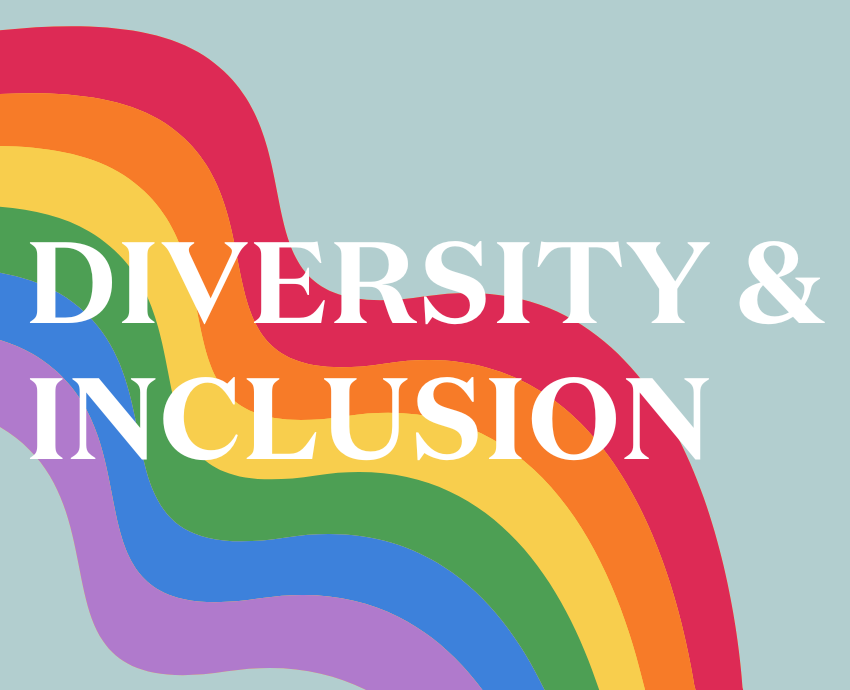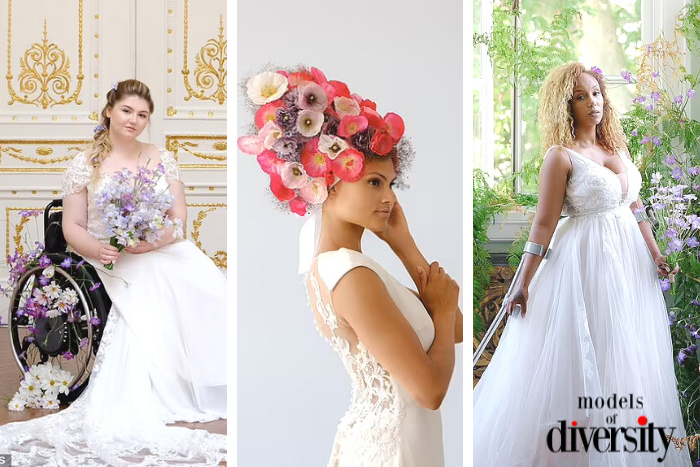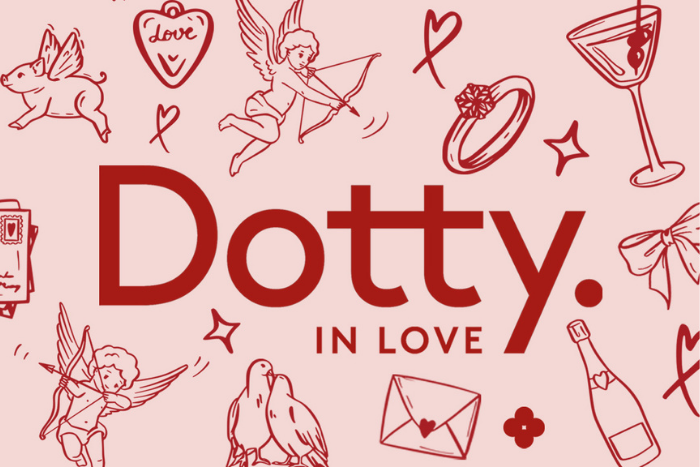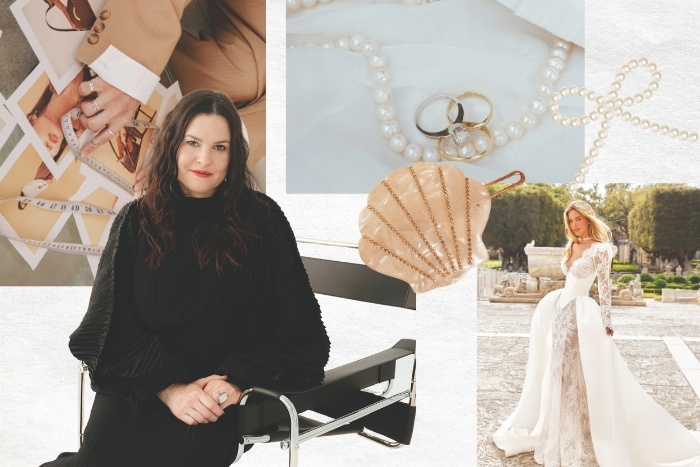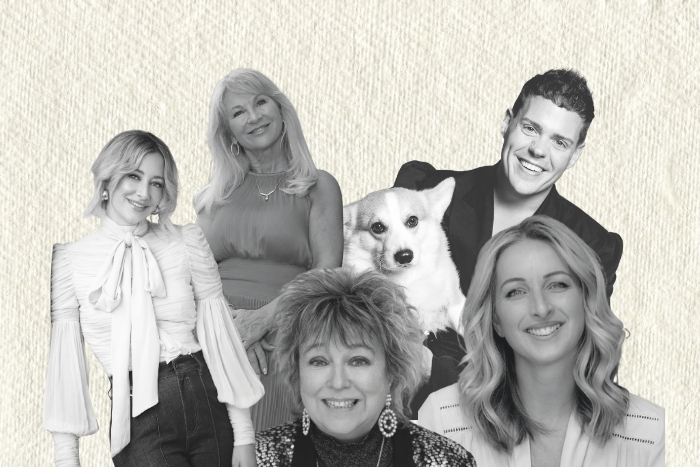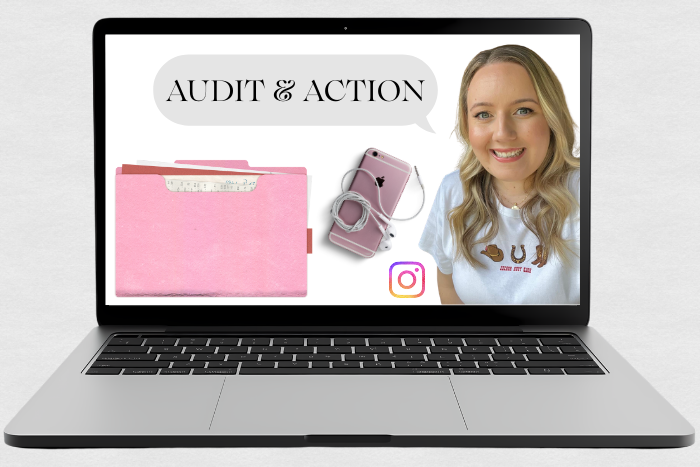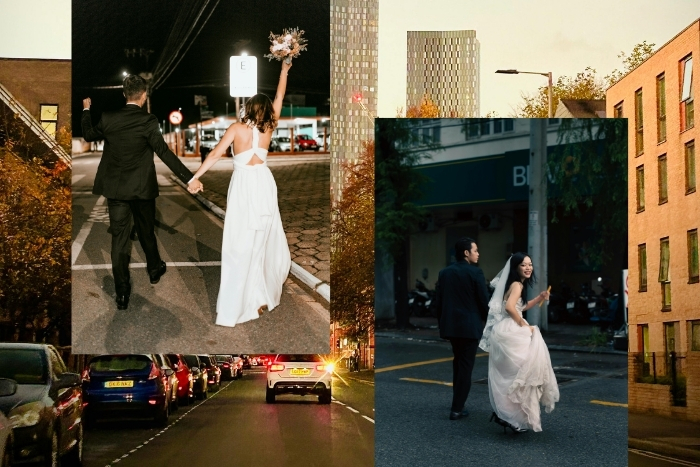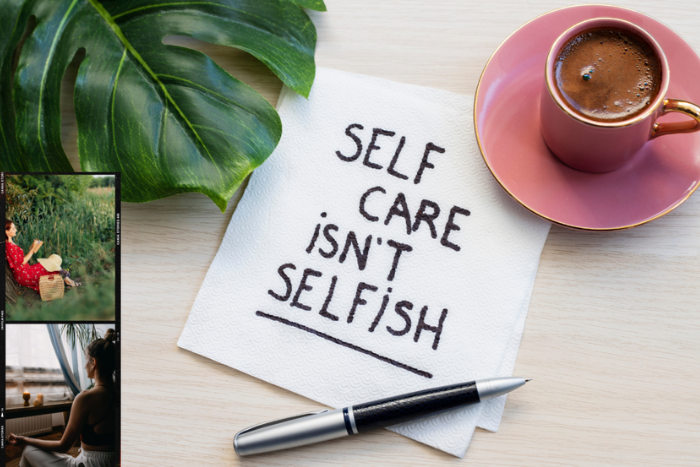Diversity and Inclusion with Megan Garmers
Megan Garmers from The Bridal Masterclass tackles issues of diversity within the bridal industry, and offers her top tips on how to promote this throughout your business.
Every year during Pride Month, companies change their logos to include a rainbow of colours showing their support of LGBTQIA+, however in the past couple years after the pandemic hit, the world has been looking much deeper than a logo change or a post during the month of June.
The bar continues to be raised higher, and companies are continuously being called out for their lack of diversity or inclusion as well as for seeming pejorative support. Everyone from celebrities to small businesses can be cancelled overnight, so it is easy to think “why even try?” at changing the way you’ve done business before.
It is crucial to remember that every business, regardless of their industry, needs to be in tune with its target audience and ideal clients, and this includes being in tune with the world in which those people live. Understanding what and why they care about what they care about helps you understand more about who they are, what and why they buy, and how to connect and engage with them effectively. Most specifically, Gen Z and Millennials care more about aligning their purchases with businesses who stand for more than just making a profit or providing a product or service they might need. In fact, more than half will actually spend more on a product or service because of how a particular business’s values align with their own. In other words, you should care about diversity and inclusion because your ideal client demographic cares about it and it will affect your bottom line.
But it isn’t enough to pretend to care, or throw up a photo to seemingly represent your care about diversity and inclusion. Gen Z in particular is very much characterized by calling out businesses that use tokenism to pretend they care. Tokenism is choosing a person, image or other representation to check off the box of having a Black bride, an Asian bride, an LGBTQIA+ couple, etc. It is about lip service to a particular cause, and Millennials and Gen Z are not just “not interested” in buying from these companies: they believe in actively and publicly calling these businesses out to deter others from patronizing those businesses.
Being in the bridal industry means that the majority of your target audience will be a younger demographic – right now and for the next decade, it will be Gen Z and Millennials. By not changing the way you present and do business to accommodate them, you are by nature pushing yourself out of business in the wedding industry, which my guess is something you do not want to do.
So where do you start?
First, you want to do an audit of your business with regards to diversity and inclusion. Think about what you post (and don’t) on social media, the images you have representing your business in advertising and marketing materials, your staff, and all touchpoints of the customer experience journey for your brides.
Second, you want to make sure you understand what you know and don’t know about diversity and inclusion. It is not enough to not be a racist – you must be an anti-racist and an ally. If you aren’t sure what that means, I’d suggest starting with the book, “How To Be An Anti-Racist” by Ibram X. Kendi. You can also follow activists’ Instagram accounts (@ohioma, @privtoprog, @everdayracism_, @blairimani, and @blklivesmatter) and learn about (and repost on your stories) history, social inequity and what we need to do to right the wrongs of discrimination and oppression plaguing society today. Educating yourself is the first step in making sure you are being authentic in your advocacy.
Third, understand that diversity and inclusion is not a checklist but a way of life. You are bound to make mistakes – we all do. But the important part is learning from them and making sure your response to your mistakes is not one of defensiveness but of humility as a student. Your intention may not have been to hurt anyone but if you are in the position of power and privilege while trying to learn a new perspective of those different from yourself, you need to realise that it is not about you and your intention. When you want to help someone else, your goal is the betterment of their situation. You don’t stop after a first attempt and say, “Well, I tried.” Learning how to be better allies and advocates means having more than a formula for showing a person of color in every 3rd Instagram post or reposting one social justice post to your Instagram stories a day. It is an attitude shift in all parts of your life both online and offline.
Lastly, go out of your way to network and get to know wedding professionals that identify as LGBTQIA+ or are BIPOC small businesses. Search them out on Instagram, comment on their posts, follow and repost their work. The more you can diversify your influences online and offline, the more your perspective will change because your world will change. Listen and learn from their experiences, their lives, and do what you can with your positions of power and influence to make the world more equitable for them, you, and your businesses.
Still not sure what you should do to better embrace diversity and inclusion in your business strategy?
Feel free to email me to help you get started on the right path: hello@thebridalmasterclass.com.
